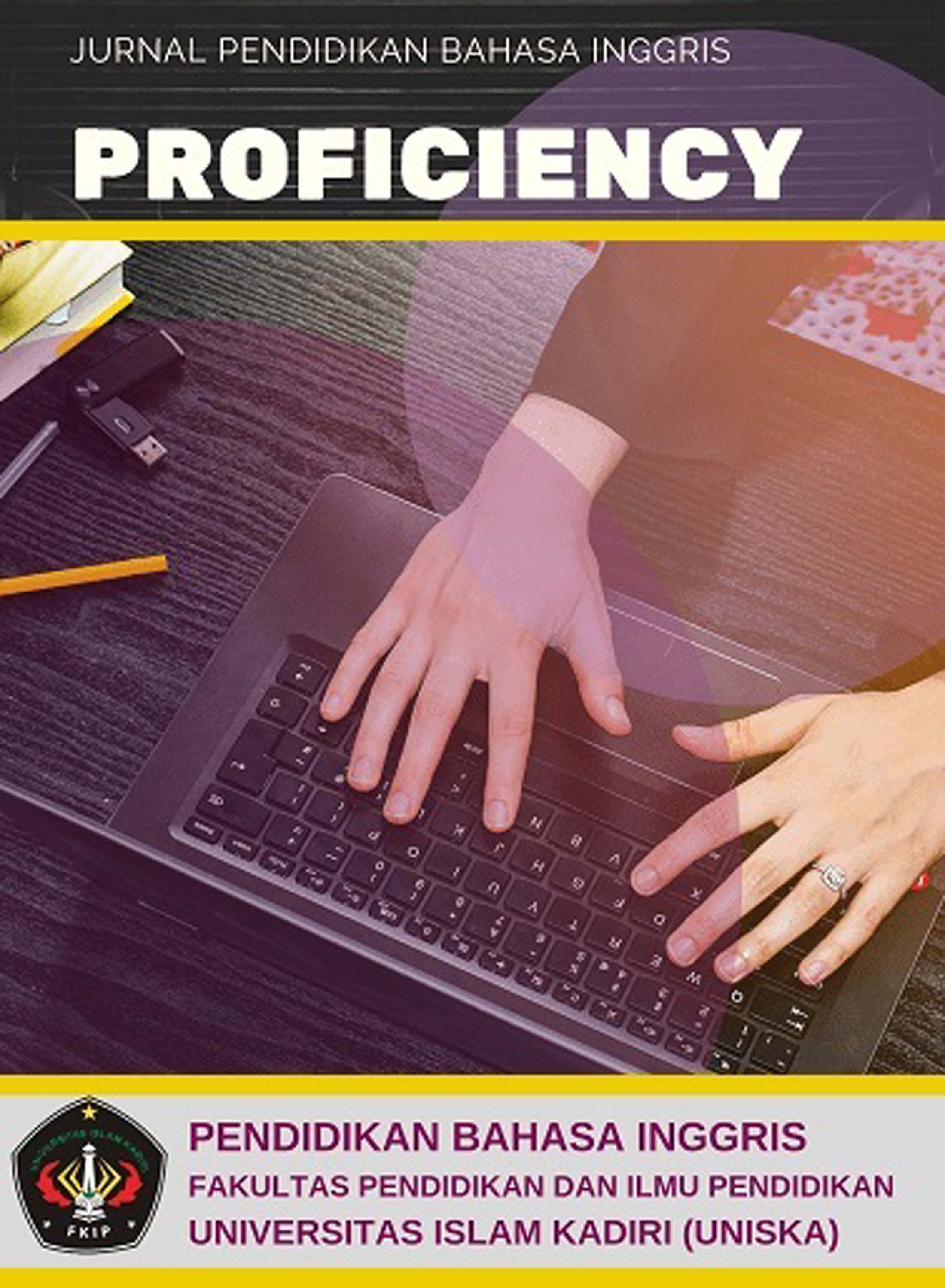INVESTIGATING THE IMPLEMENTATION OF TEACHING METHODS IN WRITING AND LISTENING AT SINGARAJA MONTESSORI SCHOOL
Abstract
This study investigates the implementation of writing and listening teaching methods at Singaraja Montessori School with a focus on their effectiveness in cultivating students' independence, character development, and adaptation to individual needs. The research used a qualitative descriptive observational method involving 20 students from grades 4 to 6, with data collected through structured observations and semi-structured interviews with teachers. The findings of the study emphasize the development of students' independence, where students engage in self-directed learning activities that enhance problem-solving abilities. In addition, character development is prioritized through collaborative projects that instill empathy and cooperation. Other findings spotlight the challenges in realizing Montessori principles due to limited resources for continuous teacher training. Holistically, this study concludes that the Montessori approach at Singaraja School shows hope in educating independent and socially responsible students. Hence, the research can contribute positively to enhance the teaching practices of Montessori teachers in various educational contexts.
References
Braun, V., & Clarke, V. (2006). Using thematic analysis in psychology. Qualitative Research in Psychology, 3(2), 77–101. https://doi.org/10.1191/1478088706qp063oa
Couper, G., Denny, H., & Watkins, A. (2016). Teaching the Sociocultural Norms of an Undergraduate Community of Practice. TESOL Journal, 7(1), 4–39. https://doi.org/10.1002/tesj.187
Creswell, J. W. (2007). Qualitative Inquiry & Research Design: Choosing Among Five Approaches (Second Edition). SAGE Publications.
Dohrmann, K. R., Nishida, T. K., Gartner, A., Lipsky, D. K., & Grimm, K. J. (2007). High school outcomes for students in a public montessori program. Journal of Research in Childhood Education, 22(2), 205–217. https://doi.org/10.1080/02568540709594622
He, P., & Lin, A. M. Y. (2018). Becoming a “language-aware” content teacher . Journal of Immersion and Content-Based Language Education, 6(2), 162–188. https://doi.org/10.1075/jicb.17009.he
Hidayati, N. A., Hariadi, T., Praheto, B. E., Kusnita, S., & Darmuki, A. (2023). The Effect of Cooperative Learning Model with Think Pair Share Type on Speaking Skill. International Journal of Instruction, 16(3), 935–950. https://doi.org/10.29333/iji.2023.16350a
Kasmiati, K., Kahar, M. I., & Ali, M. (2022). Implementation of Montessori Concept in Educating Early Childhood (Case Study of the Role of Early Childhood Education Teachers). Indonesian Journal of Early Childhood Education Studies, 11(2), 157–164. https://doi.org/10.15294/ijeces.v11i2.53018
Mcleod, S. (1978). Vygotsky’s Theory of Cognitive Development. https://www.researchgate.net/publication/383395354
Montessori, M. (1967). The Absorbent Mind. Holt, Rinehart and Winston.
Musdahlipah, Putri Rahmadani, D., Nurhafizh, H., Mohd Rozak, R., Lestari, H., & Zullukman, Z. (2024). The Relevance Of Ki Hajar Dewantara’s Educational Basis “Education That Independent Students” In Differentiation Learning In The Independent Curriculum. Journal of Basic Education Research, 5(2), 69–75. https://doi.org/10.37251/jber.v5i2.975
Pranoto, S. W.. (2017). Ki Hajar Dewantara: “Pemikiran dan perjuangannya.” Museum Kebangkitan Nasional, Kementerian Pendidikan dan Kebudayaan.
Rahayuningsih, F. (2021). Internalisasi Filosofi Pendidikan Ki Hajar Dewantara Dalam Mewujudkan Profil Pelajar Pancasila. Jurnal Inovasi Pendidikan IPS, 1(Desember).
Randolph, J. J., Bryson, A., Menon, L., Henderson, D. K., Kureethara Manuel, A., Michaels, S., rosenstein, debra leigh walls, McPherson, W., O’Grady, R., & Lillard, A. S. (2023). Montessori education’s impact on academic and nonacademic outcomes: A systematic review. In Campbell Systematic Reviews (Vol. 19, Issue 3). John Wiley and Sons Inc. https://doi.org/10.1002/cl2.1330
































